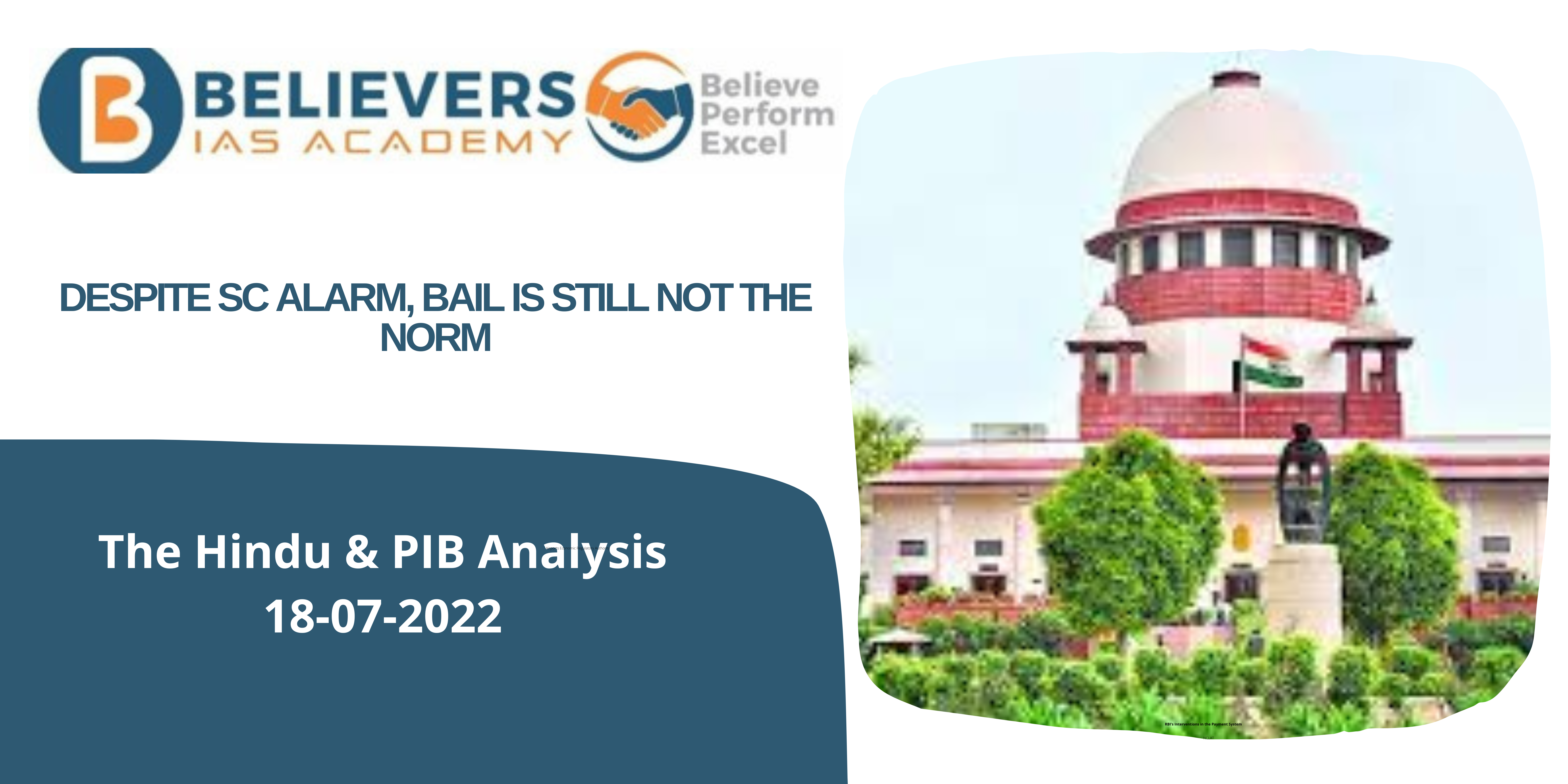Regulation of Over the Top or OTT (Communication Services) Platforms
Context:
- The inclusion of Over the Top or OTT (Communication Services) within the ambit of the draft Indian Telecommunication Bill, 2022 that was unveiled recently for public comments, is a feature that has drawn much attention.
- One of the major reason or the argument that the Over the Top or OTT (Communication Services) must be regulated was the principle of “same service, same rules”.
What are the arguments in favor of OTTs?
- Same service implies that a person should be able to choose whether to utilise one over the other as a user.
- A provider, such as one offering communication services like WhatsApp, Zoom, email, etc., can’t function without the assistance of a telecom service provider. The opposite, however, is untrue.
- The lack of OTT does not prevent a telecom service provider from offering its services.
- Applications or value-added communication services known as OTT communication services are built on top of the fundamental communication services offered by telcos.
- The former deals with applications like group and video communication, encryption, etc., whereas the latter deals with audio communication.
Why the Over the Top or OTT (Communication Services) shouldn’t be regulated?
- There are strong justifications for exempting OTT communication services from the scope of the Telecom law.
- The current IT Act already covers OTT communication services, and it is likely that the forthcoming Digital India Act will do the same.
- OTTs can and are regulated in terms of encryption, data storage, interception, and cooperation with law enforcement, but they are not licenced or pre-authorized.
- So, there is an argument that the licensing regime which exists currently to regulate the Telecom Service Providers (TSPs) shouldn’t be extended to the Over the Top or OTT (Communication Services).
Why OTTs must not be regulated under the Telecom Law?
- It can be analyzed that the current Telegraph Act and the proposed Telecom Bill are founded on the idea that the government alone has the exclusive right to provide telecommunication services.
- The IT Act, which governs technology usage, on the other hand, is built on the exact opposite tenet.
- A similar idea applies to content, which is governed by the Censor Board, Prasar Bharti, and Information and Broadcasting Ministry.
Source The Hindu
For more updates, Click Here




